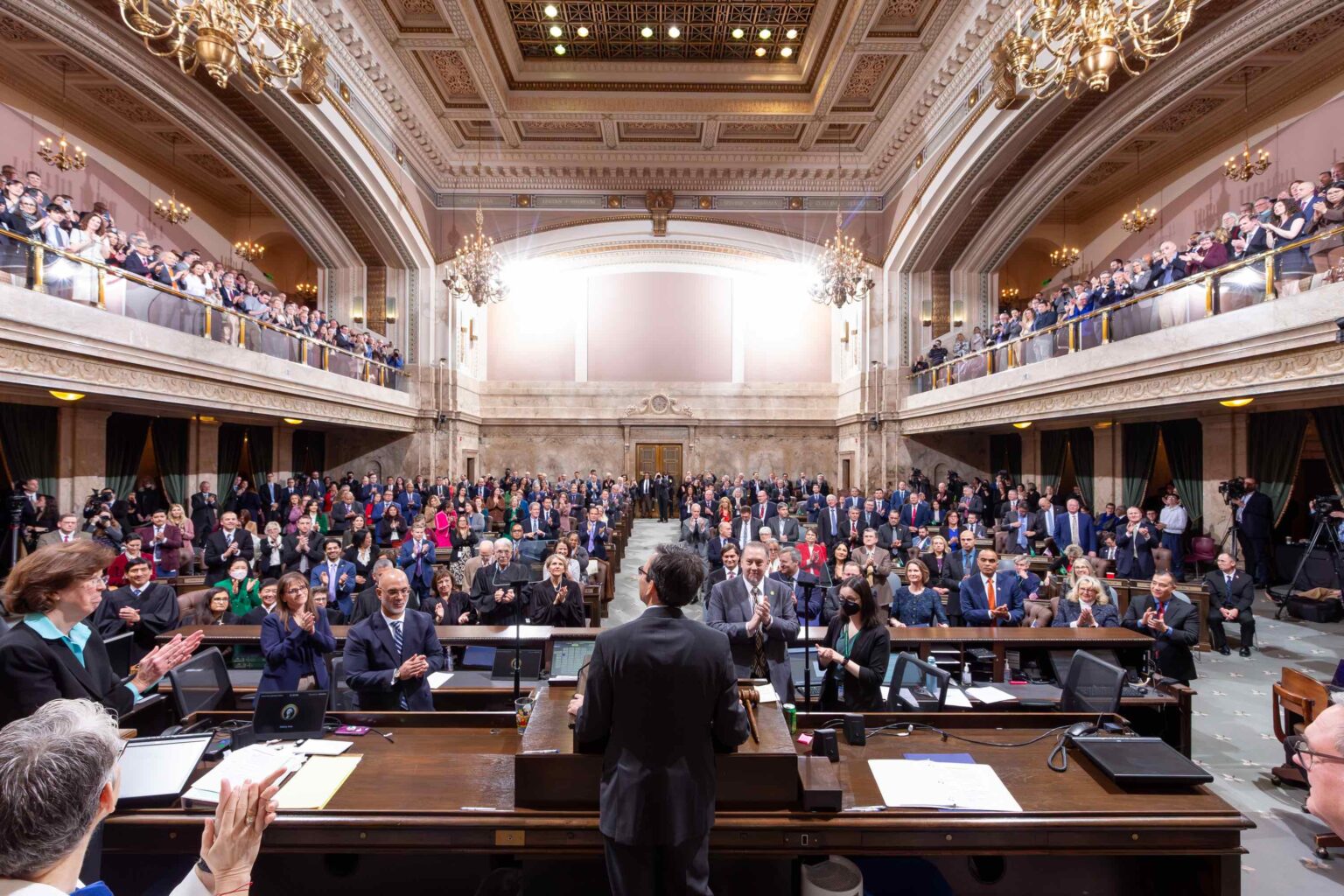Op-Ed Author: David K. Wilder
Misinformation has a remarkable way of clouding even the clearest constitutional principles. Few topics illustrate this better than Article V — the states’ authority to propose amendments to the U.S. Constitution. Critics warn of “runaway conventions” and constitutional chaos. But the facts, the history, and even the conclusions of deep-blue, liberal Massachusetts (see https://www.mass.gov/doc/citizens-commission-2019-report/download) all affirm the same thing: Article V is a safe, essential tool designed to help the states restore balance when Washington loses its way.
The Constitution Gave States This Power — On Purpose
The primary misunderstanding centers on the 1787 Constitutional Convention. Opponents argue it exceeded its mandate, implying that any future convention would be a dangerous free-for-all. But that narrative falls apart under real historical scrutiny.
Under the Articles of Confederation, the states were sovereign — conventions among them were routine. The 1787 convention followed lawful procedure: states initiated it, Congress transmitted the results, and all 13 states ratified the outcome. That was constitutional order in motion, not rebellion.
The Founders then deliberately wrote Article V to guarantee that states would retain this authority. They knew Congress might one day become too partisan or too paralyzed to address fundamental problems. Article V is the solution they built into the system.
The Safeguards Are Ironclad
The fear of a “runaway” process ignores the overwhelming checks already in place:
- States call the convention and define its agenda
• Delegates are bound by state instructions
• States set the rules during the convention
• Any proposal requires approval from 38 states
Thirteen states alone can block anything. There is no universe in which radical amendments survive such a gauntlet.
Policy Concerns Are Fully Addressed
Topics such as fiscal restraint, federal overreach, or term limits are often described as “too broad.” Yet legislatures debate broad subjects every day — under controlled rules and transparent processes. A convention would be no different.
Some also claim “there are no rules.” In fact, interstate conventions have deep precedent: more than 600 in American history — none of which have ever “gone rogue.” We know exactly how to conduct a focused, professional, and well-governed convention.
A Vote for Article V Is a Vote for Constitutional Responsibility
Supporting an Article V convention does not commit any legislator to any specific amendment. It simply acknowledges that the states must retain the constitutional tools necessary to correct systemic failure when Washington refuses to act.
The federal government’s debt, spending, and regulatory expansion demonstrate that the internal safeguards of Congress are no longer enough. The Founders expected the states to step in at moments like this.
Constitutional Stewardship
An Article V convention does not change the Constitution — it merely allows the states to recommend improvements, subject to the most rigorous ratification hurdle in American governance.
If you believe in federalism, checks and balances, and the sovereignty of the people through their states, then you should not fear the remedy the Founders intentionally provided. It is not partisan. It is not extreme. It is constitutional maintenance — long overdue.
David K. Wilder, November, 2025
See comments for additional information and links — and add a comment of your own!






Selected References:
“The Liberty Amendments” by Mark Levin (2014)
https://www.amazon.com/Liberty-Amendments-Mark-R-Levin/dp/145160632X
Far From Unworkable: The Fears, Facts, FAQs and Court Findings Relating To The Constitution’s Provision For An Article V Amendatory Convention”
A detailed scholarly work on how our state legislatures can rescue the country from a runaway DC Big Government – by Timothy Dake
https://www.amazon.com/Far-Unworkable-Constitutions-Amendatory-Convention/dp/0998210919/ref=monarch_sidesheet_title
Conventions that Made America, by Mike Kapic – a record of states meeting in convention to solve problems – no “runaways”
https://www.amazon.com/Conventions-That-Made-America-Consensus-ebook/dp/B078YCCZVK